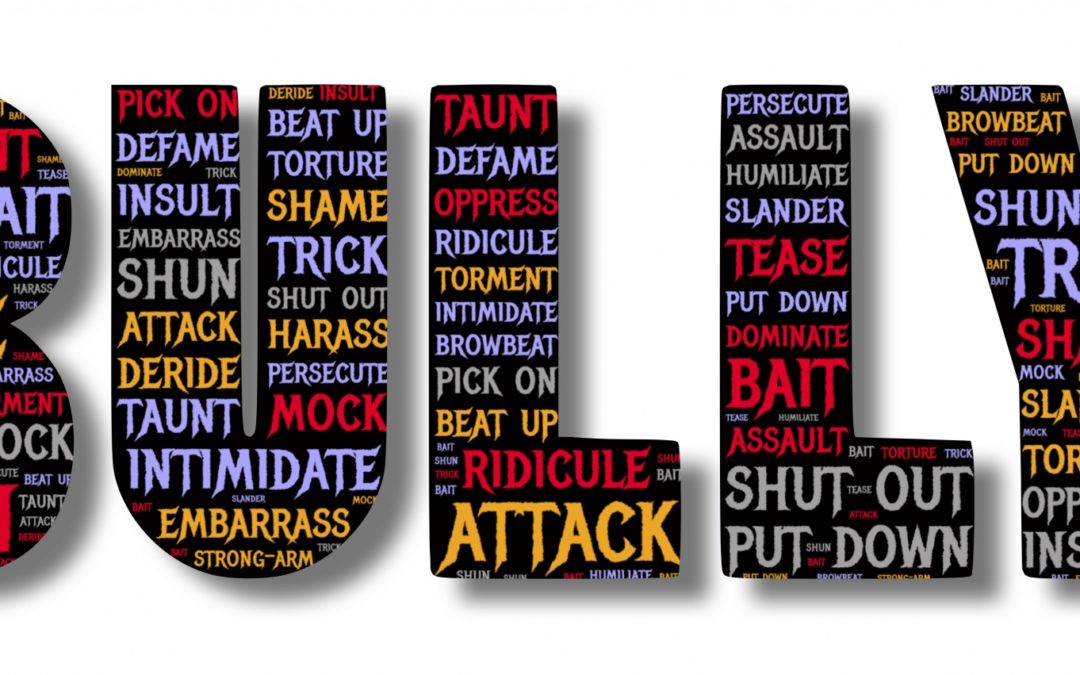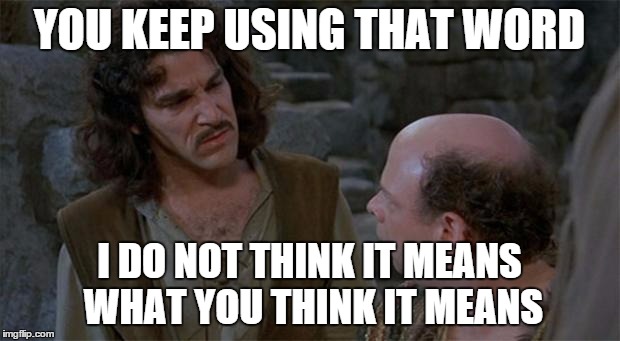A distinctly unoriginal take on the pathologies of overvaluing academic “novelty.”


A distinctly unoriginal take on the pathologies of overvaluing academic “novelty.”

Simple steps to promote qualitative research in journals It happened again. After months of waiting, you finally got that "Decision" email: Rejection. That's not so bad, it happens to everyone. But...

Recently, David Edelstein and Jim Goldgeier circulated an open letter for signature to address bullying in the profession. The open letter can be found here. So far, there are nearly 100...

As a reviewer and recipient of reviews, I've noted a recent trend among IR papers. A study uses cross-national data with regression analysis, and runs multiple models with different variables or...

It's happened to all of us. You get that email "Decision on Manuscript...," open it with a bit of trepidation, just to find a (hopefully) politely worded rejection from the editor. Sometimes this is justified. Other times, however, the rejection is due to the legendary "Reviewer #2," a cranky, ill-informed, hastily written rant against your paper that is not at all fair. The details can vary--they don't like your theoretical approach, don't understand the methods, are annoyed you didn't cite them--but the result is the same: thanks to a random draw from the editor's reviewers list you've got...
Public Domain — From Pixabay For caveats and background, see my introductory post. Editors write a lot of decision letters. At high-volume journals, editors write so many decision letters that it can become a tedious grind. For authors, though, the information communicated in decision letters matters enormously. It can affect their job prospects, salaries, and chances of advancement. Of course, authors, especially in the moment, overestimate the significance of any single journal decision. But receiving a rejection, revise-and-resubmit invitation, or an acceptance can certainly feel like a...

Josh asked me if I would write a series of posts at the Duck of Minerva reflecting on my time editing International Studies Quarterly (ISQ). I agreed. This post is less a reflection that some background and caveats. I figure that by collecting them in a single post, I won't have to junk up subsequent entires in this series. I'll just refer back to what I've written here. Background. I formally edited ISQ from 2014-2018, although my team started to handle new manuscripts in October of 2013. I headed up a very large team. At peak, it included as many as fourteen academic editors and two...

It's happened to all of us (or least those of us who do quantitative work). You get back a manuscript from a journal and it's an R&R. Your excitement quickly fades when you start reading the comments. One reviewer gives a grocery list of additional tests they'd like to see: alternate control variables, different estimators, excluded observations. Another complains about the long list of robustness checks already in the manuscript, as it obscures the important findings. Sometimes both of these reviewers are the same person. And it gets even more complicated if the article ends up rejected...
The boon and bane of our academic enterprise is that we get feedback all the time on our work. Our work is better for it--that the hack-iest stuff I read is always stuff that is not submitted to any kind of refereeing process and relies instead on editors who seem to be blind to the hack-ness. The bane is that, well, rejection and criticism can not only delay publication but also hurt feelings. When well done, reviews further the enterprise. However, sometimes, reviews seem to make the authors dance in relatively unproductive ways. There have been lots of tweets and posts complaining...
As our august leader here at the Duck is putting on his editorial robes, I thought a bit of fresh perspective on the review process is in order. A fun take on the review process!
This brief post started life as a comment on a Facebook discussion thread about peer reviewing practices but I thought it might deserve a wider readership. The question was raised: is it kosher for a journal editor to request information about good reviewers from the author of the manuscript? The general consensus, with which I agree, was that it's fine to request those names because editors are always looking for qualified reviewers, and the author's list might provide names that the editor might not have thought of. Of course, the editor need not be bound by that list, and shouldn't be,...
I understand that there's been some recent blog-chatter on one of my favorite hobbyhorses, peer review in Political Science and International Relations. John Sides gets all 'ruh roh' because of an decades-old old, but scary, experiment that shows pretty much what every other study of peer-review shows: Then, perhaps coincidentally, Steve Walt writes a longish post on "academic rigor" and peer review. Walt's sorta right and sorta wrong, so I must write something of my own,* despite the guarantee of repetition. What does Walt get right? Third, peer review is probably overvalued because...